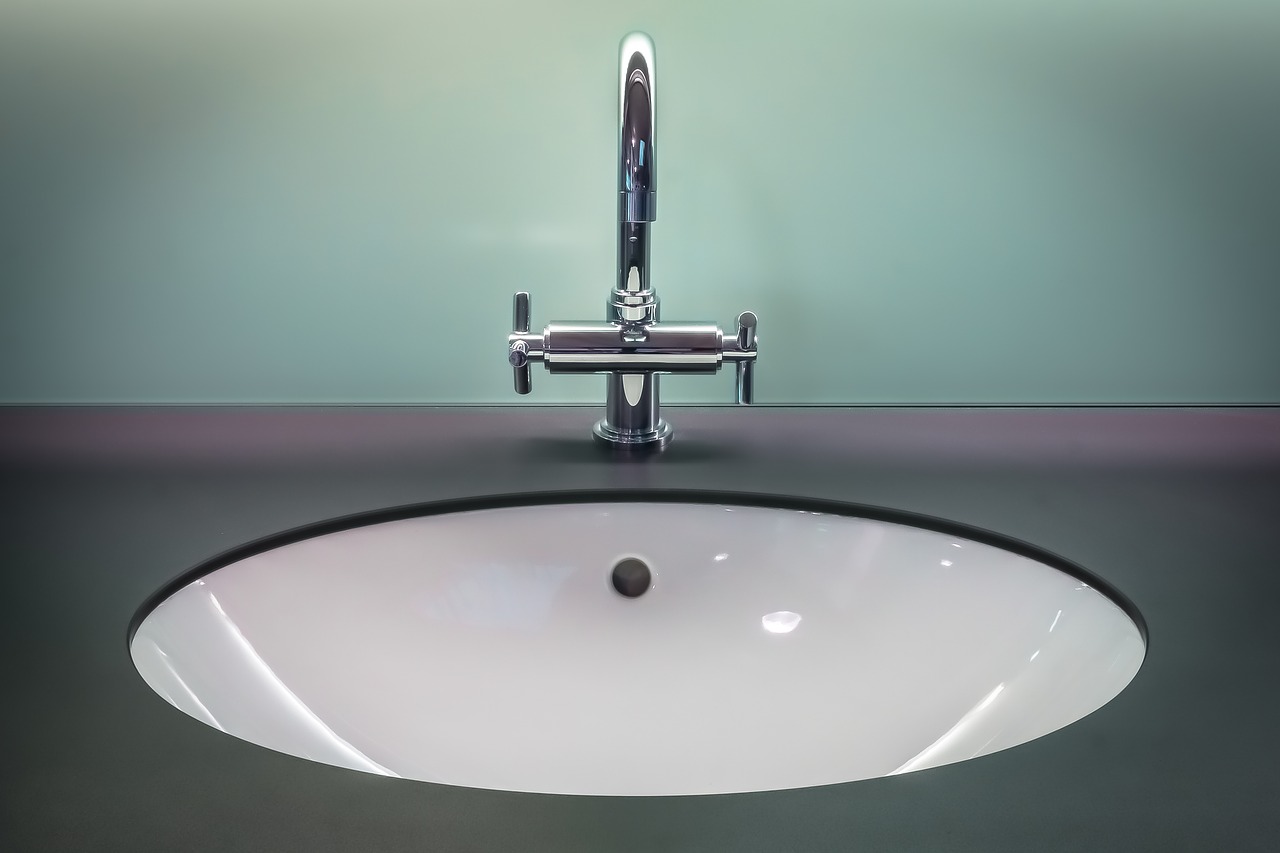
Look at your property from a tenants point of view
Being the centre of hygiene, it is important that the bathroom is kept in a good, clean condition. When putting your property up for rent, in order to have confidence that it will appeal to those interested, look at each room and think “Would I be able to live with this?” The chances are if you couldn’t, prospective tenants certainly wont.
Common Problems
Landlord insurance policies are necessary in order to protect yourself from any unforeseen problems related to your tenants and their experiences in the house. However some issues can be expected, so it is important to be aware of them and know how they can be dealt with.
The bathroom is probably the hardest room in the house to maintain as it is constantly exposed to moisture and frequent mess. In order to cut corners on costs, carpet is sometimes fitted but this is not ideal for a room which gets exposed to water and other liquids.
It can get damp and stained which can make the room smell and appear dirtier than it probably is. However, some prefer it as it’s a nice alternative to cold tiled floors and reduces the risk of slips and falls.
Tiled floors on the other hand cost more but they look a lot nicer, provided they are regularly cleaned. A cheaper happy medium would be fitting vinyl flooring where you can have the image of tiling. It is also much easier to clean and doesn’t get as cold. Purchasing bath mats will also reduce the risk of falling.
Having wooden furniture and bath panels is not suitable as it can rot from leaking water. Plastic and ceramics are best as they are more water-resistant. Limescale build up is also common around taps and sinks, particularly in areas with hard water. Good news is they are quite easy to clean with any decent remover from a local store.
The biggest issue for maintaining bathrooms is the risk of mould. While some moulds are seemingly harmless, they are unsightly and the dangerous types are extremely hazardous to your health. It’s best just to prevent it at all costs.
Mould Prevention
Mould thrives in dark, damp and warm conditions. Some steps you can take (unless the mould is excessive and a professional is needed) include keeping the room well ventilated. When tenants take a shower, urge them to keep an extractor fan on or open a window so the steam can escape. After they’re done it is good practice to dry the walls to speed up the drying process.
Also regularly cleaning the shower curtain can reduce mould build up as well as cleaning the bath mats and towels. When they are wet they should be hung over a heat source to dry and never left in a pile on the floor or in the hamper.
Mould resistant paint and mould/mildew treatments can also aid prevention. They can be found in many stores which contain kitchen and bathroom supplies.


